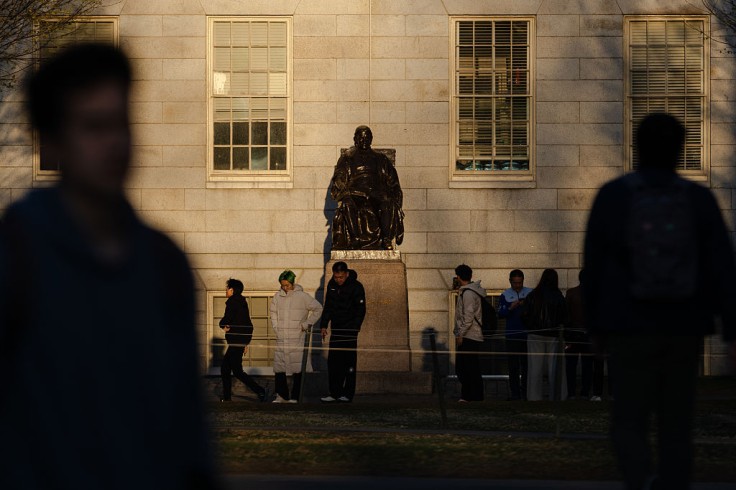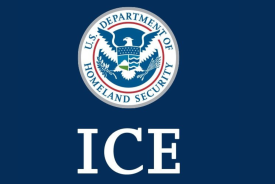
CAMBRIDGE, Mass. — The U.S. Department of Education's Joint Task Force to Combat Anti-Semitism announced the withdrawal of an additional $450 million in federal grants to Harvard University, citing the institution's ongoing failure to address antisemitism on campus. The decision, detailed in a May 13, 2025, press release, escalates tensions between the Trump administration and the Ivy League school, which is already embroiled in a legal battle over $2.2 billion in previously frozen federal funding.
The task force's statement criticized Harvard for its inability to confront "pervasive race discrimination and anti-Semitic harassment plaguing its campus." This marks the latest action in a broader federal crackdown on universities accused of neglecting Jewish students' safety and rights. The task force, established to enforce civil rights laws, has targeted several institutions but singled out Harvard for its "repeated" shortcomings.
"Harvard University has repeatedly failed to confront the pervasive race discrimination and anti-Semitic harassment plaguing its campus," the task force stated. The statement emphasized that federal funding recipients must comply with Title VI of the Civil Rights Act, which prohibits discrimination based on race, color, or national origin.
Harvard's troubles intensified following campus protests after the Oct. 7, 2023, Hamas attack on Israel, which sparked widespread allegations of antisemitism. The university's Presidential Task Force on Combating Antisemitism and Anti-Israeli Bias, released in April 2025, acknowledged that Jewish and Israeli students faced "shunning" and hostility, with some pressured to denounce Israel to gain acceptance. Despite reforms, including adopting the International Holocaust Remembrance Alliance's definition of antisemitism and partnering with an Israeli university, critics argue Harvard's efforts fall short.
The task force's actions follow a pattern of federal intervention. In April, the Trump administration froze $2.2 billion in Harvard's research grants, prompting the university to file a lawsuit claiming the freeze violated its academic freedom. The latest $450 million cut, affecting grants for critical research, has raised concerns among faculty about the impact on scientific progress.
Harvard President Alan Garber, in a statement accompanying the task force reports, apologized for the campus climate and vowed to implement changes, including revising admissions policies to prioritize civil discourse and empathy. However, the Joint Task Force remains unconvinced, pointing to "systemic" issues in Harvard's governance and disciplinary systems.
The funding cuts have sparked debate over academic autonomy versus federal oversight. Harvard's lawsuit argues that the administration's demands, including defunding certain student groups and altering faculty hiring, infringe on its First Amendment rights. Meanwhile, supporters of the task force, including Rep. Tim Walberg, R-Mich., chairman of the Education and Workforce Committee, accuse Harvard of tolerating bigotry. "Harvard's president said the school will not abide bigotry, yet that's exactly what the school's feckless leadership did," Walberg said.
Other universities, such as Columbia and Yale, have faced similar scrutiny, with Columbia losing $400 million in grants and Yale earning cautious praise for recent actions. The task force has urged all institutions to enforce anti-discrimination policies rigorously or risk further penalties.
Harvard's next steps remain uncertain as it navigates legal challenges and internal reforms. The university has pledged to strengthen its disciplinary systems and promote viewpoint diversity, but the task force's ongoing investigations signal that federal pressure will persist. For now, the loss of $450 million in grants underscores the high stakes of the clash between Harvard and the Trump administration.
© 2026 University Herald, All rights reserved. Do not reproduce without permission.








